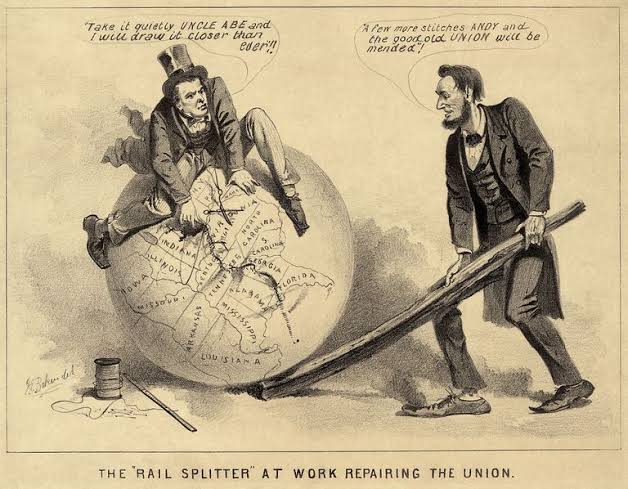The 14th Amendment simplified is the amendment to the Constitution of the United States that granted citizenship and equal civil and legal rights to African Americans and slaves who had been emancipated after the American Civil War, including them under the umbrella phrase “all persons born or naturalized in the United States.”
14th Amendment Simplified
Some argue, however, that perhaps the most glaring example of the contempt for the rule of law that characterized Reconstruction involves the passage and ratification of the Fourteenth Amendment to the Constitution. The Radicals realized that the Civil Rights Act of 1866 could be legally challenged, so they sought to incorporate its provisions into a constitutional amendment. In terms of the 14th Amendment simplified, the amendment’s most significant section was its first:
Regarding the 14th Amendment, all persons born or naturalized in the United States, and subject to the jurisdiction thereof, are citizens of the United States and of the State wherein they reside. No State shall make or enforce any law which shall abridge the privileges or immunities of citizens of the United States; nor shall any State deprive any person of life, liberty, or property, without due process of law; nor deny to any person within its jurisdiction the equal protection of the laws. This was crucial in the 14th Amendment.
The first sentence of the 14th Amendment extended American citizenship to all persons born in America and subject to its jurisdiction, reversing the Dred Scott decision that had declared blacks not American citizens. As for the remainder of the first section, controversy still exists with regard to its “original intent.” Harvard’s Raoul Berger devoted much of his career to proving that the amendment was modest in scope, intended simply to empower the federal government to ensure that the states did not interfere with the basic rights of the freedmen—the right to enter contracts, to sue, and to own property. Likewise, James E. Bond showed in the Akron Law Review in 1985 that according to supporters of the amendment, the “indispensable” civil rights that it protected were “the right to contract, to sue, to testify, and otherwise resort to the courts; to hold and transfer property; and to the full and equal benefit of all laws for the protection of person and property.” The Radicals had hoped for something more sweeping, but this is what they got. Thus, the 14th Amendment.
This article is part of our extensive collection of articles on Civil Rights in the United States. Click here to see our comprehensive article on Civil Rights in the United States.
Cite This Article
"14th Amendment: A Simplified Description" History on the Net© 2000-2024, Salem Media.
April 29, 2024 <https://www.historyonthenet.com/14th-amendment-simplified>
More Citation Information.

